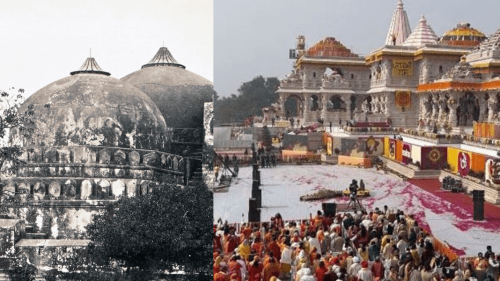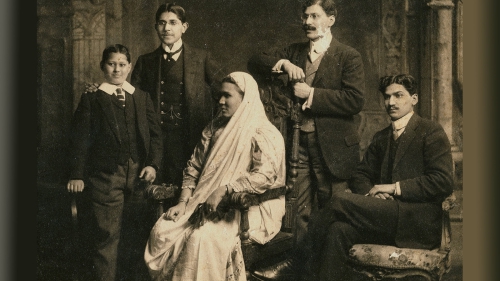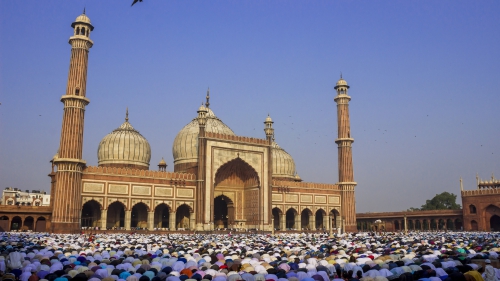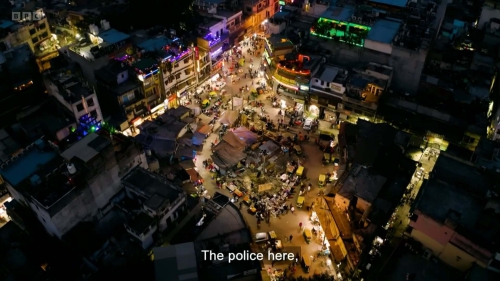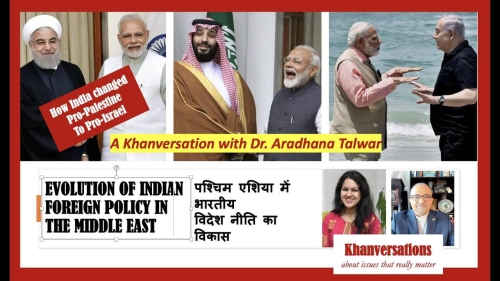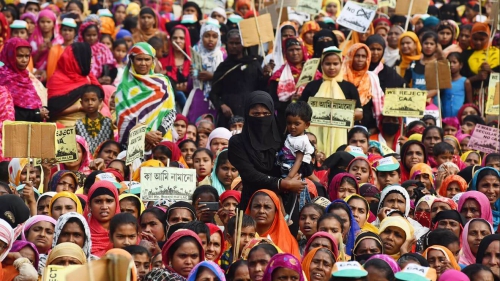India fifty years after its `tryst with destiny`
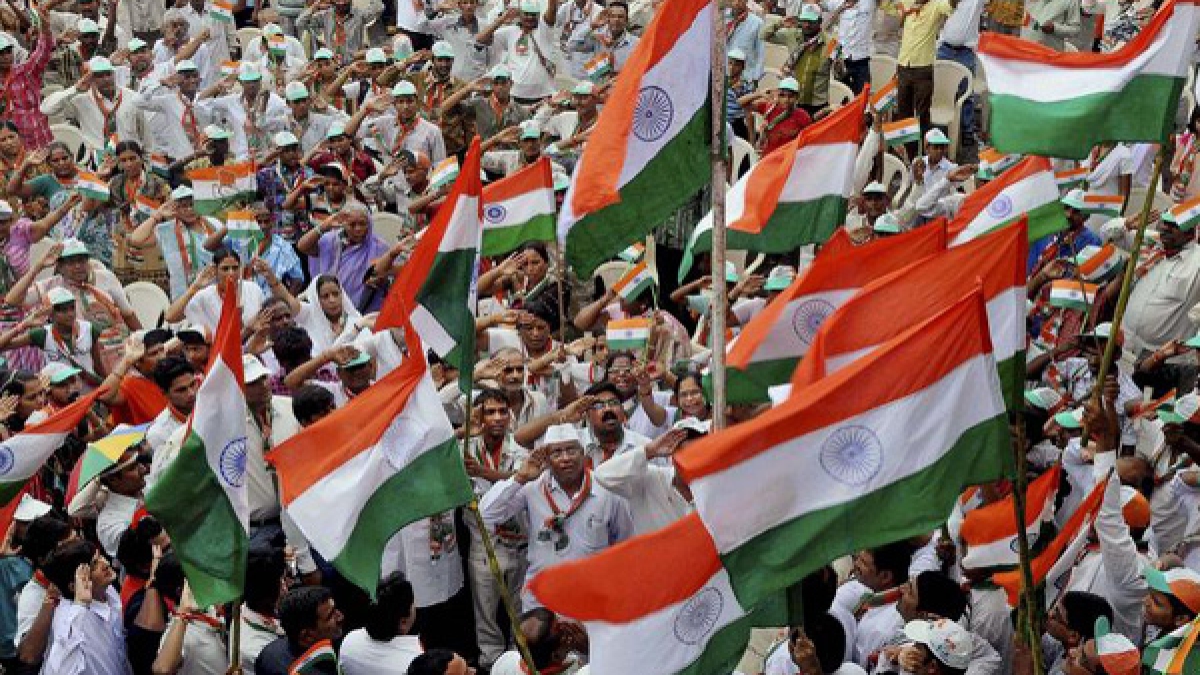
Millions of people in India, on August 15, celebrated India's independence from Britain. India's freedom jubilee celebrations began with thousands of people led by old and frail freedom fighters marched with the Indian tricolor down a wide avenue flanked by twinkling lights.
But for millions of others this week is no time for joy. These are the poor, the oppressed and depressed. S. Joshi is one of them. He says the only thing that happened after Jawaharlal Nehru's "tryst with destiny" was the replacement of a British elite with an Indian one that continues to ignore the plight of the poor and needy.
Hartal Singh, a freedom fighter remarks that after having spent 40 years of his life in the freedom struggle all he has now is a "charpoy" cot and a blanket. The gap between the rich and the poor has widened.
Mohan Jethwari believes that the 12 chimes of midnight heralded a far more treacherous time than he had experienced under the colonialists. He is spending the 50th anniversary at home in quiet contemplation. He will pray for an end to intra-communal strife so that all Indians can live in harmony.
In the most populous democracy of the world, with its Hindu, Muslim, Christian and Sikh population, intolerance is to be expected. However, this mass frenzy and extremism fueled by self-serving politicians is also the result of a massive poverty rate worse than that of Ethiopia and sub-Saharan Africa. Half the population gets by on less than a dollar a day. Over 60% of India's adults are illiterate, surprisingly it may seem in a nation which has some of the best educational institutions worldwide and has produced some of the best scientific and literary individuals.
From 1947 to only a couple of years ago India's economy revolved around socialist principles and was out of tune with the economic rhythms of the world.
Poverty and unemployment were reflections of deeper problems which lay rooted in corruption at both state and center level. However, stagnation cannot be accepted any more and India's middle class, educational elite and younger people are willing to take up the challenge of the future.
New economic reforms will not be easy in a society where corruption is widespread. Amid a population of which 25% earn less than 25 dollars a month and 65% live below poverty line, there is bound to be resentment and frustration.
The "liberalization" in the economy has in the past few years seen an influx of shiny new cars for the affluent, Kentucky fried chickens opened up, Coke signs all over the place. Yet it is this liberalization that has also brought in the "deep divide" and anger to those who don't have clean drinking water. Many see multinationals as a threat to the very fabric of Indian society. This sounds strange for a country that invents more sophisticated software for US computer manufacturers than any other country in the world.
India's present quagmire can be attributed to an inefficient bureaucracy, inadequate infrastructure and its politics where constant changes in government and party strife delay further reform.
The light at the end of the tunnel is India's democracy which has survived and prospered. However, as India celebrates its 50th anniversary some inner soul searching should be made. This should be done without the emotions that are part of the sub-continent psyche.
India has squandered many opportunities. From sticking to a command economy, to lack of political will to contain communal divisions and the pushing under the rug of many problems, the list is unending.
The majority of Indians have the resolve to overcome these problems. It is no use to blame the British for 50 years of misery and ignorance. Indians only have themselves to blame for things that have gone wrong.
It is surprising to many that why in the world's biggest democracy of over 940 million people, over half are poor, 60% are illiterate and the GNP per capita is only 340 dollars. Something terribly wrong has occurred under Indian rule in the past 50 years.
Today's young Indians are fed up with myopic politicians and hollow slogans and expect better results and a decent life.
They deserve it.
Related Suggestions
Stop abusing people. Stop abusing language. Stop spinning your own moral cocoon.You are the oppressor. You are the occupier.You are the real terrorists.
Take your sikh and hindu fundamentalists from Kashmir with you. Load them on buses and pump the gas pedal until the hills of kashmir vanish in the rear mirror. Just get out!
Don't apologize. Don't justify. Don't explain. There is nothing left to explain. Honestly. Just get out!
Out socialist style of economy was very much the need of the day and India made much progress because of that. When change was needed, we changed. We are lucky that we have a governmnet system in place that has a modern flexible outlook.







